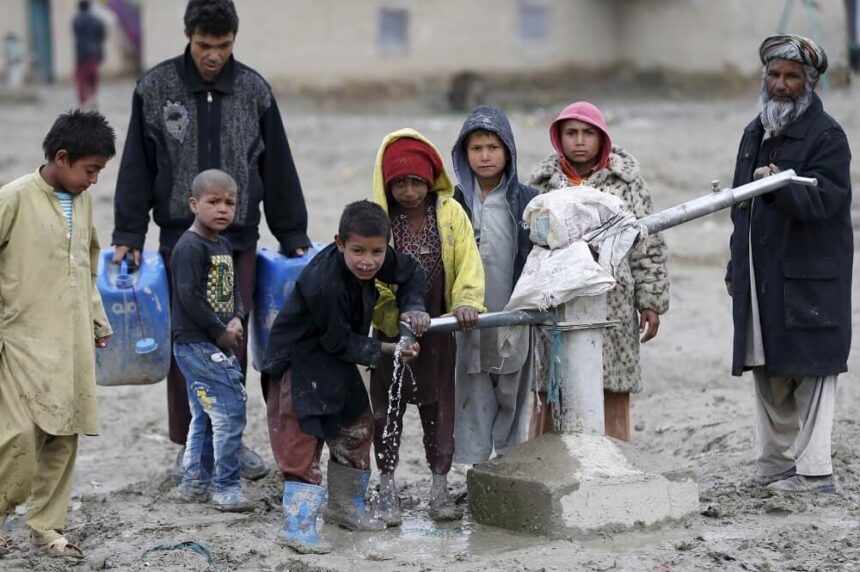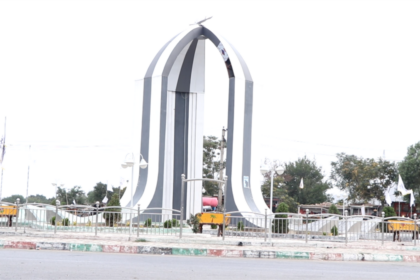RASC News Agency: The United Nations Children’s Fund (UNICEF) has highlighted that women and girls in Afghanistan are suffering the most from the country’s ongoing water crisis, as they bear the primary responsibility for fetching water for their families. The organization further noted that, in the past year, it has provided drinking water to 688,000 people across Afghanistan. In a statement shared on the social media platform X on Sunday, March 23, UNICEF reaffirmed that every child has the right to clean drinking water to ensure their healthy growth and development. The message emphasized that access to water is a fundamental necessity for well-being and prosperity.
Additionally, UNICEF reported its ongoing efforts to ease the burden on women and girls by installing clean water facilities in the homes of vulnerable families. Many of these water systems are powered by solar energy, ensuring a sustainable and eco-friendly solution to water shortages. Looking ahead to 2024, UNICEF will continue expanding its provision of safe drinking water and sanitation services for hundreds of thousands of people in Afghanistan, including access in homes, schools, and healthcare facilities. On the occasion of World Water Day, which was established by the United Nations General Assembly in 1993, the International Committee of the Red Cross (ICRC) also published a report revealing that 33 million people in Afghanistan are grappling with severe water scarcity.
In a related statement, the Food and Agriculture Organization (FAO) of the United Nations underscored the importance of protecting Afghanistan’s glaciers, which provide a crucial source of water for the region. The preservation of these glaciers is essential to safeguarding the country’s water supply amid the ongoing crisis.






